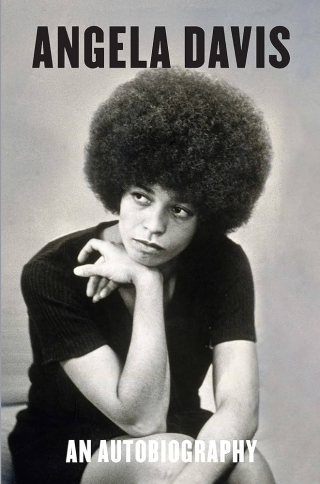In December of last year, activist, intellectual, and educator Angela Davis took the podium at Pilgrim Baptist Church in Nyack, New York. The church was not planners’ first choice, but scurrilous red-baiting campaigns led two venues to cancel. Waiting for the five-hundred-strong standing ovation to quiet, the former Communist Party member and political prisoner told her audience that “I think every day about the fact that I am associated with a people who refuse to give up, after centuries and centuries. Not only that, but who have created beauty in the process of struggling.”
As interviewer Amy Goodman noted on Democracy Now!, it was “a reprise” of what happened three years before in Davis’s hometown of Birmingham, Alabama. Emphasizing words to underline her subject’s heroism, Goodman recalled an award that was canceled and reinstated after the granting organization was shamed for wavering. “You ended up doing an event outside the place you were actually invited, and so many more people turned up.” Davis admitted being stunned by the ways people misrepresent her. But more important, she told Goodman, “I’m concerned about the misrepresentation of movements against racism. Against gender inequality. For freedom.”
Indeed, misrepresentation followed Davis around throughout her public career. It was why she went on the lam in 1970, after a gun she bought to protect herself from death threats turned up in a Marin County courtroom. During an attempted prison break that turned bloody, after police opened fire on those involved, her gun was found on a young suspect. Afraid that, as a radical black intellectual, she would not get a fair trial, Davis fled to Chicago. As police closed in on her, she proceeded to Miami and New York. She was still in disguise when apprehended, and the trial of the decade began.
Her defense became a cause célèbre, winning support from Aretha Franklin and Jean Genet, and even inspiring a mediocre pop song by John Lennon and Yoko Ono. In her landmark Autobiography, rereleased in January 2022 by Haymarket Books, she stylishly recounts her ordeal, which eventually culminated in acquittal in 1973. Edited by Toni Morrison, who interviewed the imprisoned Davis during her trial, the Autobiography recounts how the philosopher became one of the FBI’s Ten Most Wanted.
